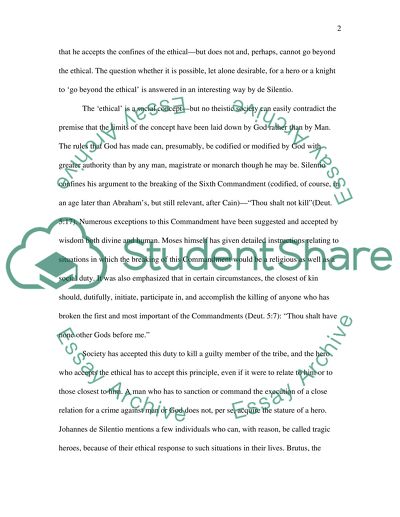Cite this document
(“Characters Compairing Book Report/Review Example | Topics and Well Written Essays - 1500 words”, n.d.)
Characters Compairing Book Report/Review Example | Topics and Well Written Essays - 1500 words. Retrieved from https://studentshare.org/literature/1514634-characters-compairing
Characters Compairing Book Report/Review Example | Topics and Well Written Essays - 1500 words. Retrieved from https://studentshare.org/literature/1514634-characters-compairing
(Characters Compairing Book Report/Review Example | Topics and Well Written Essays - 1500 Words)
Characters Compairing Book Report/Review Example | Topics and Well Written Essays - 1500 Words. https://studentshare.org/literature/1514634-characters-compairing.
Characters Compairing Book Report/Review Example | Topics and Well Written Essays - 1500 Words. https://studentshare.org/literature/1514634-characters-compairing.
“Characters Compairing Book Report/Review Example | Topics and Well Written Essays - 1500 Words”, n.d. https://studentshare.org/literature/1514634-characters-compairing.


